
Apply now to the QUBES Spring 2021 Faculty Mentoring Networks!
QUBES (Quantitative Undergraduate Biology Education and Synthesis) is excited to offer these semester-long professional development opportunities designed to engage you with faculty from around the country (or world!) to enhance your teaching. If you have any questions, please contact Deb Rook (deb "dot" rook "at" bioquest "dot" org), or contact the FMN-specific mentors.
Bring Bioinformatics to Your Biology Classroom
Using bioinformatics strategies to solve biology problems in introductory courses
Led by Adam Kleinschmit and Jacob Kerby
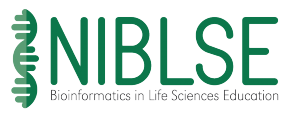
If you are a biologist, you and your students need bioinformatics! We can help you get what you need with relatively little pain. This faculty mentoring network is for those interested in adopting inquiry-based bioinformatics education modules that provide introductory biology students with some core bioinformatics concepts and competencies. Apply now to join us for the Spring 2021 NIBLSE FMN.
As a participant in this FMN, you will focus on how to integrate bioinformatics modules in introductory undergraduate biology courses. You will customize and implement newly designed educational modules exploring sequence similarity as a window to understanding a wide range of biological questions. While doing this, you will participate in biweekly virtual sessions to collaborate with and support others in the network and receive mentoring.
DEADLINE EXTENDED to December 8! Applications are due November 20, 2020. Please visit the NIBLSE group page for additional information and instructions on how to apply.
Make Teaching with R in Undergraduate Biology Less Excruciating (Make TRUBLE)
Led by Rachel Hartnett
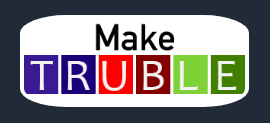
This Faculty Mentoring Network is intended for undergraduate biology instructors with prior R programming experience who are interested in learning ways to teach with R effectively to students with little to no programming experience.
Participants will focus on developing, implementing, and sharing modules for teaching statistical and biological concepts in R with Swirl. Swirl lessons simplify the R learning process by providing a guided, interactive experience through on-screen prompts and exercises which students answer directly in the RStudio console. Participants will learn the Swirl program, implement one existing Swirl lesson, contribute one new lesson and will leave the FMN with ready-to-use Swirl lessons covering diverse biology and data analysis concepts.
Apply by November 20, 2020. Please visit the Make TRUBLE group page for more information and to apply.
EREN-NEON Flexible Learning Projects: Teaching Ecology During A Pandemic
Led by Laurie Anderson and Tim McCay
 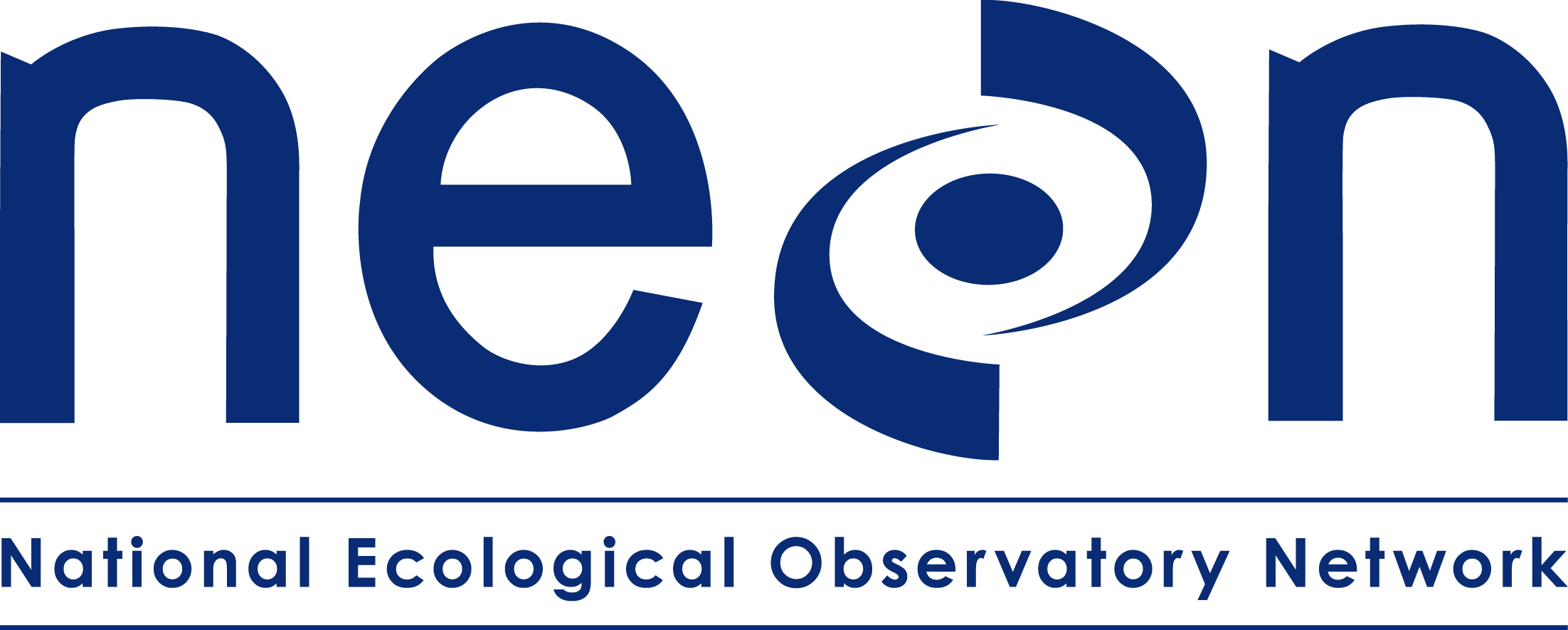
Are you interested in retaining an element of field ecology in your course while still teaching online or in a hybrid environment? Apply now to join us for the EREN-NEON Flexible Learning Projects Faculty Mentoring Network, a semester-long professional development opportunity designed to engage faculty from around the country (or world!) to enhance your teaching.
Field ecology, which is usually taught through high-contact, in-person experiences at specific field sites, must be adapted to a virtual platform that allows students to collect data in a socially distanced way in diverse locations, including backyards, curbside verges, urban parks, farm fields and campus grounds. Ideally, these data should be connected to a real, scientifically relevant hypothesis so that students are learning in the context of a problem-based, authentic research experience.
Through a collaboration between the Ecological Research as Education Network (EREN) and the National Ecological Observatory Network (NEON), faculty teams have developed four projects in field ecology that teach ecological concepts and skills. During this FMN, participants will implement and provide feedback on at least one of these projects.
Space is limited and applications are due November 20, 2020. Please visit the EREN-NEON group page for more details and application!
Cell Collective: Computational modeling and simulation designed with the classroom in mind
Led by Ehren Whigham

Are you interested in adopting computational modeling and simulation modules that address systems biology and quantitative reasoning skills? Apply now to join us for the Spring 2021 Cell Collective/QUBES Faculty Mentoring Network.
Participants in this FMN will focus on how to use data-driven modules in undergraduate biology courses. Accepted applicants will customize and implement educational modules from a wide range of systems biology topics. While doing this, they will participate in biweekly virtual sessions to collaborate with and support others in the network and receive mentoring.
DEADLINE EXTENDED TO December 15, 2020. Applications are due November 20, 2020. Please visit the Cell Collective FMN ad for additional information and instructions on how to apply.
COVID Vaccination: From Science to Society
Combating misinformation in science and medicine
Led by Karen Oates
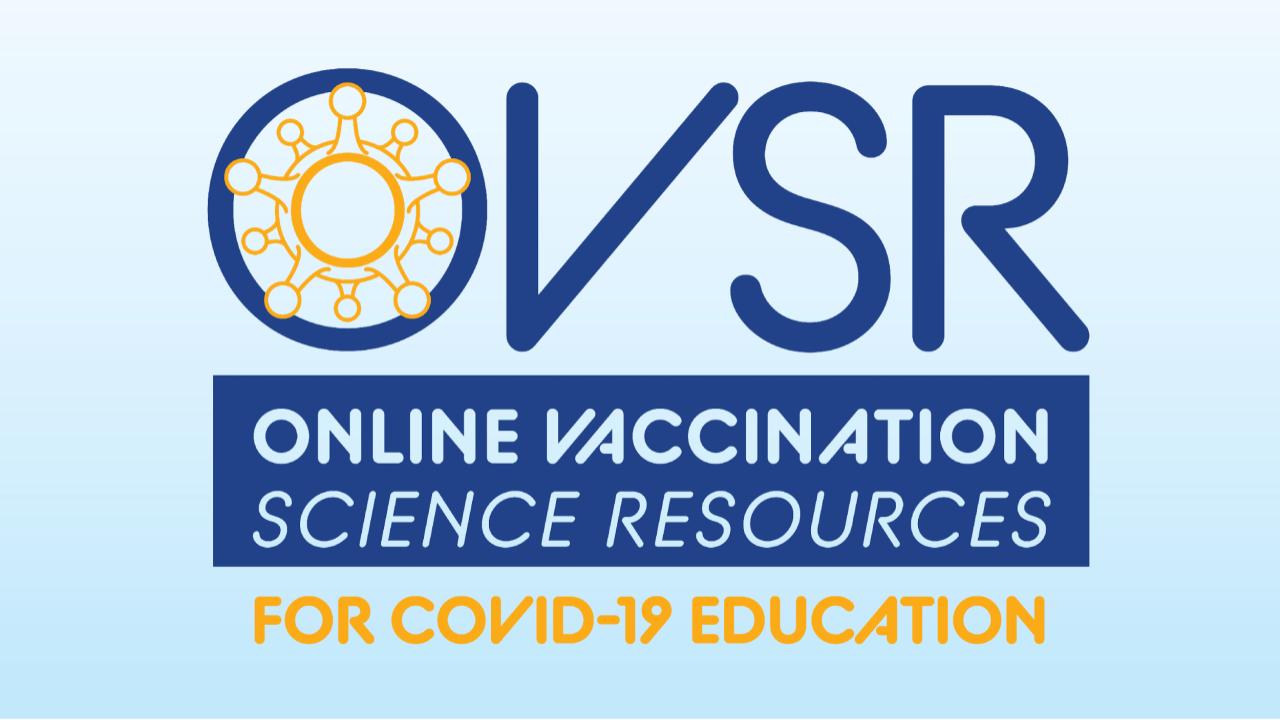
While the world is anxiously awaiting a C-19 vaccine, a vaccine itself will not be successful if enough individuals do not become vaccinated. Once a C-19 vaccine emerges from the dozens in development, the only way it will truly be successful is if enough people get the vaccine to create herd immunity. At the same time, vaccine hesitancy, like the use of face masks and social distancing, reflects the push and pull of individual rights versus community values, science versus non-science.
Colleges and universities have a unique opportunity and responsibility to respond NOW to the anti-vaccine and anti-science messaging through robust educational resources provided through this FMN. Grounded in the best practices of virtual education, materials will contribute to the urgently needed national C-19 vaccination education efforts.
Participants in this FMN will focus on how to use data-driven modules in undergraduate life science courses. Accepted applicants will customize and implement newly designed educational modules on these topics. While doing this, they will be presented with experts in their respective fields to create a foundation to understand COVID Science and Vaccine hesitancy to combat misinformation.
Applications are due December 15, 2020. Please visit the COVID Vaccination group page for additional information and instructions about how to apply.
Space is limited, and the network is launching soon, so apply now!
SENCER Educators as Civic Educators: Assessing our impact on civic scientific literacy
Led by Davida Smyth

Today many instructors are embedding broader civic and social justice issues in their STEM teaching. Are you interested in knowing if your teaching is improving your students’ engagement with civic issues and social justice as well as their learning in science? Apply now to join us for the Spring 2021 SENCER Assessment Faculty Mentoring Network.
Participants in this FMN will focus on how to apply, adapt, and integrate meaningful forms of assessment for these outcomes in their STEM-related courses. Accepted applicants will customize and implement newly designed assessment modules/approaches from a variety of disciplines. While doing this, they will participate in biweekly virtual sessions to collaborate with and support others in the network and receive mentoring.
DEADLINE EXTENDED to December 15, 2020. Applications are due December 1, 2020. Please visit the SENCER group page for additional information and instructions on how to apply.
Quantitative Biology at Community Colleges: Bridging Mathematics and Biology
Led by John Starnes
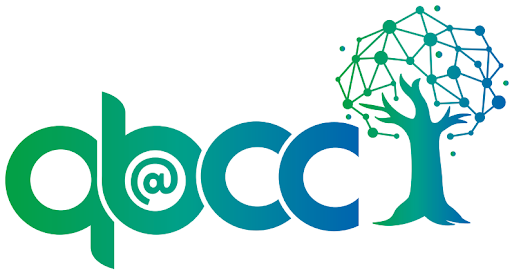
Are you interested in adopting modules that address mathematical skills using a topic in biology? Apply now to join us for the Spring 2021 QB@CC/QUBES Faculty Mentoring Network (FMN)!
Participants in this FMN will focus on how to use data-driven modules in undergraduate life science courses. Accepted applicants will customize and implement newly designed biology educational modules from a wide range of topics. While doing this, they will participate in biweekly virtual sessions to collaborate with and support others in the network and receive mentoring.
DEADLINE EXTENDED to December 15, 2020. Applications are due December 8, 2020. Please visit the QB@CC group page for additional information and instructions about how to apply.
Scientists Spotlights and Data Nuggets FMN
Led by Pat Marsteller and Sarah Prescott
If you want to feature diverse scientists and their data and learn to make podcasts and videos, this is the group for you. Our group has been working this fall and has gathered many resources for the project. You will have access to all our resources and the guidance of people who have thought about this. Participants will create new resources for their courses that feature diverse scientists.
Apply now to join the Spring 2021 Scientists Spotlights and Data Faculty Mentoring Network. Applications are due December 11, 2020. Check out the Scientists Spotlights and Data Nuggets group page for more information and instructions on how to apply.
Participants should commit to the following:
- Participate in the full FMN through the Spring 2021 semester
- Create and pilot one or more scientist spotlights in your class
- Share materials on QUBES
It is important that all participants are able to commit to the full experience. The greatest benefits of these experiences are generated in the interactions with colleagues. Your contributions will be critical to the success of this program.
Molecular Case Studies: At the Interface of Biology and Chemistry
Led by Shuchismita Dutta

If you teach about biomolecular structure and function and wished you had access to ready-to-use, content specific, molecular structure-function case studies for your class, please read on. Would like your students to independently visualize, navigate, and analyze protein structures, use data from public bioinformatics data resources to explore and even create authentic cases in biology / chemistry / biochemistry / other related fields? Apply now to join the Spring 2021 Molecular Case Studies Faculty Mentoring Network.
As participants you will be introduced to a framework for the Molecular Case Studies and several different examples in the first few weeks. You will have access to introductory materials and tutorials to learn and/or refresh your memory on how to use some of the data resources needed for navigating through the cases. You will then have a choice of either pilot testing at least one of the cases from the CaseNet or engaging your students in developing new cases! Following the FMN, the student authored cases will be reviewed for publication in Molecular CaseNet. Students who contribute in developing the case story, related molecular discussions and hands-on activities will be authors on the case, when published.
DEADLINE EXTENDED to December 18, 2020. Applications are due December 11, 2020. Please visit the Molecular CaseNet group page for instructions about how to apply.
Social Justice and Community Change
Building CURES with Community Social Justice Impact
Led by Pat Marsteller and Sarah Prescott
Our initial focus is on Redlining and its impact on air quality in neighborhoods. We will use case studies to introduce progressive CURES for environmental science, biology and other STEM courses. Our model is based on citizen science programs.
Our group has been working this fall and has gathered many resources for the project. You will have access to all our resources and the guidance of people who have thought about this. We will do some readings and will continue creating linked CUREs at several levels.
Apply now to join the Spring 2021 Social Justice and Community Change Faculty Mentoring Network. Applications are due December 11, 2020. Please visit the Social Justice and Community Change group page for more information and instructions on how to apply.
Participants should commit to the following:
- Participate in the full FMN through the Spring 2021 semester
- Create and pilot one or elements of the Cases and CURES in your class
- Share materials on QUBES
It is important that all participants are able to commit to the full experience. The greatest benefits of these experiences are generated in the interactions with colleagues. Your contributions will be critical to the success of this program.
Project EDDIE: Teaching Scientific Concepts and Quantitative Reasoning with Data
Led by Andrew Haveles
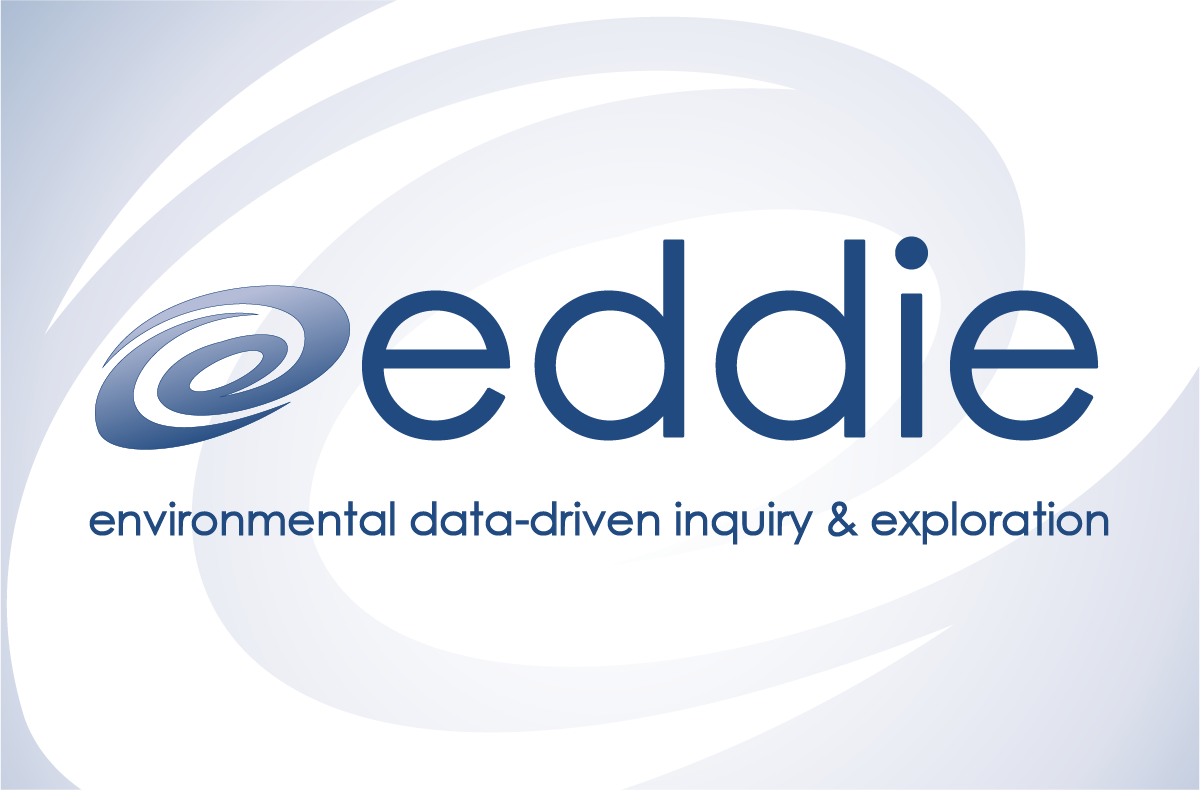
Are you looking to teach scientific concepts using data exploration and open inquiry? Are you interested in teaching quantitative reasoning in your classroom? Project EDDIE is excited to offer a suite of new EDDIE Modules that span the disciplines of biology, geology, climatology, oceanography, and sustainability.
This FMN will bring together instructors interested in implementing Project EDDIE teaching modules that address scientific concepts and quantitative reasoning using publicly available data. Project EDDIE modules address scientific topics spanning environmental disciplines with a flexible structure to fit all teaching situations.
Participants will focus on learning to adapt and implement one of the newly designed EDDIE modules in their undergraduate courses by participating in biweekly virtual sessions to collaborate with and support others in the network and receive mentoring. Participants will leave the FMN with experience using the modules available for implementation in multiple classroom settings, access to a network of peers, and an instructor story to share their experience about adapting and implementing an EDDIE module in their classroom. Note that the modules used in this FMN are being previewed for this FMN, meaning they are still undergoing a final review process. While they are not completely finalized, they have been piloted by their authors at least once and revised based on those experiences.
For more information, please visit: Project EDDIE FMN and/or projecteddie.org. Applications are due December 15, 2020.
|